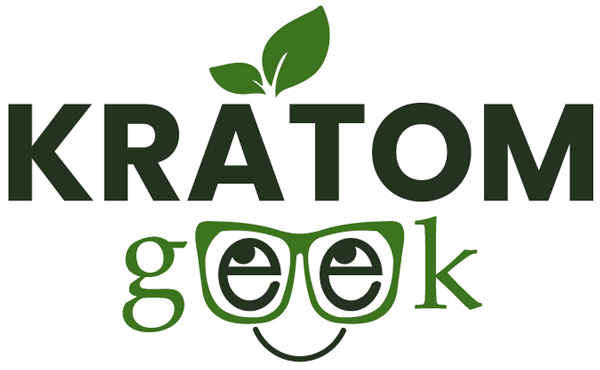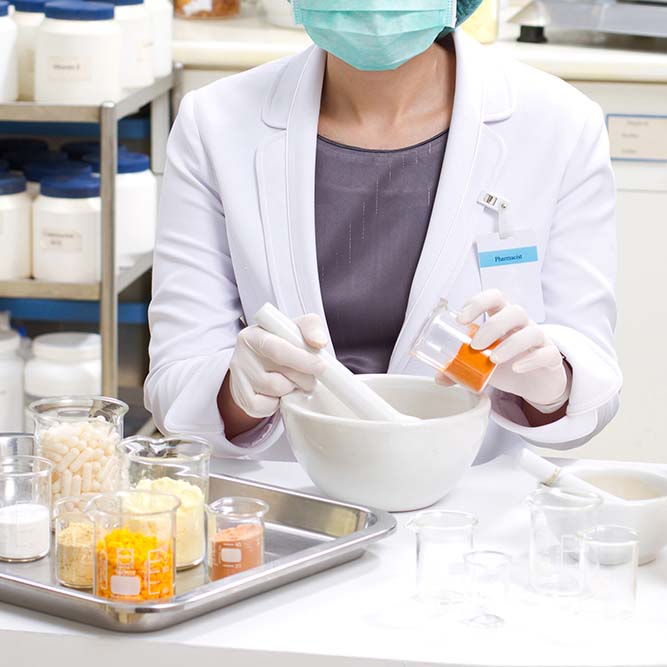Kratom is a growing commodity. More people are purchasing it now than ever before. And kratom has finally hit the mainstream advertising channels. So knowledge about the plant is spreading to new possible kratom consumers. But there remains one crucial obstacle for a lot of those potential customers. The kratom industry provides limited options for procuring kratom products from the companies that supply them. There aren’t too many brick-and-mortar shops that have it on their shelves. Some health food stores offer kratom products to their customers. But over the past few years, plenty of those businesses took kratom off their shelves when the Food and Drug Administration (FDA) began its misinformation campaign. So, for the most part, the only options available to kratom customers are online kratom websites. But some are wary of giving those companies a shot. Those types of customers prefer buying directly from a store.
For those people, they might get lucky and find kratom products sold at a nearby smoke shop. But that creates a different problem. Independent studies show that kratom found in head shops contain significant levels of microbes in kratom products. But that’s to be expected. To date, I’ve never heard of any of the smoke shops performing independent lab tests on the kratom they sell. So the feeling of safety that one gets when purchasing from an actual retail store appears to be nothing more than a mirage. That leaves online retail. But not all online kratom companies provide top-notch products.
Some Kratom Products Are Adulterated with Other Substances
One 54-year old guy learned from firsthand experience about the dangers of purchasing adulterated kratom products. He worked as a fitness instructor and used kratom for its purported general health benefits. He had purchased kratom from one online vendor, using 2-3 teaspoons a day. That went on for a year. But then he switched to a different kratom company and bought some of its products. The particular product he purchased was Vivazen Botanicals Maeng Da Kratom. Once he opened the package, the man mixed a single teaspoon of kratom powder with water. After consuming the kratom tea, a headache followed within 15 minutes. He vomited a little later. The guy went to sleep afterward and awoke after several hours with incomprehensible speech. He went to the hospital for medical assistance.
Magnetic resonance imaging revealed the patient had suffered from a hemorrhagic stroke. When questioned about his activity before his blood vessel burst and bled into his brain, the man informed the doctors of the kratom he took. The family provided samples from the old product he primarily used and some from the new company he had recently bought from as well.
They performed a collaborative investigation that utilized the regional poison center, medical toxicologists, and public health officials. And the laboratory results indicated the kratom had phenylethylamine (PEA) in it.
During the investigation, the retailer had removed the product from sale due to multiple complaints from other customers. The consensus of the consumers was the kratom was too potent.
The Phenylethylamine Compound and Its Function
Phenylethylamine (PEA) isn’t exactly a dangerous substance, per se. It’s an organic compound that’s produced naturally in our bodies. All animals have the neurotransmitter present in their central nervous system (CNS). It works to create a heightened sense of focus and attentiveness in our minds. PEA also amplifies the activity of several other neurotransmitters. It boosts the function of dopamine (pleasure, motivation, and reward center), serotonin (mood stabilization, impulse control, and regulating anxiety), norepinephrine (maximizes concentration, amplified intuition, and attention), and acetylcholine (memory formation and mental clarity). You can find small amounts of the compound in foods and drinks we already ingest. Some of those include meat, wine, nuts, and chocolate. So, we consume minute traces of the compound in our diets. But too much of the molecule can cause problems.
PEA gets classified as an excitatory neurotransmitter. The compound consists of amino acids (building blocks of protein) called phenylalanine: it’s one of the amino acids that make up most proteins. As an excitatory neurotransmitter, it stimulates the brain and body.
But even though PEA is a natural compound already in our body, that doesn’t mean it’s completely safe to add lots of the molecule into our diets through supplements. PEA is structurally similar to amphetamine. And amphetamines are prescribed to individuals with attention-deficit / hyperactivity disorder (ADHD). So PEA behaves in a likewise manner when ingested. And high levels of PEA are associated with bouts of anxiety, elevated heart rates, and excessive sweating—to name a few things.
Adding Additional Ingredients to Kratom Is Dangerous
Lots of kratom companies advertise the kratom products they sell as more potent than the competition. But all-natural kratom is of similar strength. So companies that have unusually strong kratom have adulterated the product in some way. Not all kratom businesses have the consumer’s best interest at heart. Just last year, the federal government convicted a kratom vendor for advertising his kratom products as a cure for medical conditions.
And adding PEA can be dangerous. PEA is a legal product that’s added to different workout supplements. And it’s rare to hear of someone having complications from the compound. But everyone’s brain chemistry is different. And neurological conditions can make it risky to some people. It doesn’t matter if you’re completely healthy—physically speaking. For instance, a 25-year-old active airman purchased Animal Rage XL (a pre-workout supplement) directly from the local military exchange. He had used the supplement twice before any complications. But on the third time, he complained of a severe headache and became nauseous. They rushed him to the hospital after he vomited. All of his symptoms were the same as the man who ingested the kratom laced with PEA. And when the doctors performed a CAT scan, the results indicated a hemorrhagic stroke had occurred, too.
While PEA isn’t considered dangerous for the majority of people that consume it, some outliers can have complications from ingesting it. So purchasing kratom laced with it, without it listed in the ingredients, can cause life-threatening issues for some people.
Reputable Kratom Dealers Look Out for the Customer
Luckily, gambling with your kratom is a thing of the past. Today, most trustworthy kratom companies send batch samples off to a laboratory for chemical analysis. At the lab, scientists search for microbial growth and toxic contaminants in the kratom. And only batches that pass are sold to the consumer. Any kratom products that fail get immediately discarded. So you know that all the products sold by those companies are safe for you to consume.
Most of the kratom companies provide the results of the lab tests directly on their websites. For the companies without that information listed on the site, you take an extra step and request the report from them. The company will send the lab results to you via email.
Make sure that the company you are using is a trusted kratom supplier before making a purchase. There are plenty of kratom companies out there that put in the extra effort to provide safe and natural kratom to their customer base. I have ordered from the majority of them. But I can honestly say that my favorite of the bunch is Happy Hippo Herbals. I’ve never been disappointed with any kratom products they sell. If you have bought from them before, then you understand. For those of you that have never used their service, then you’re missing out. And you most certainly want to remedy that by buying some kratom from them today. You’ll be thankful that you did.






